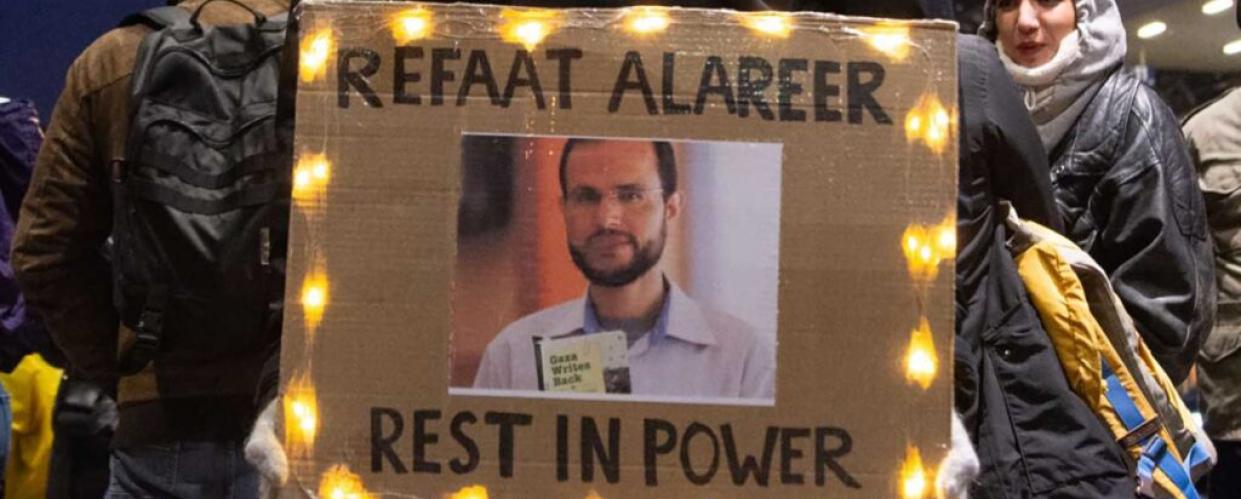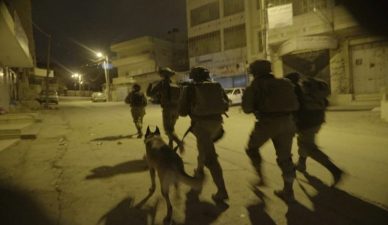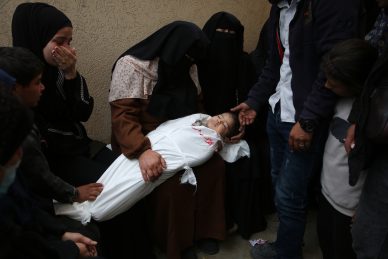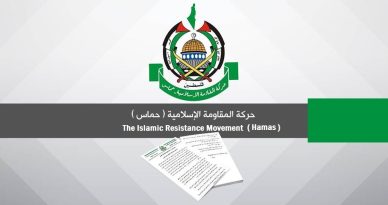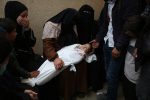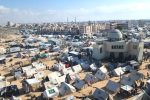OCCUPIED JERUSALEM, (PIC)
“Rifaat, I told my editors at the American newspaper where I work that I liked to eulogize you, but I got perplexed and was unable to write anything. The news of your martyrdom has saddened me and all your friends greatly,” Mohamed al-Kurd, a Jerusalemite journalist and poet, wrote on an opinion blog belonging to the Institute of Palestine Studies.
“As we try to turn you into a story, we feel restricted by the inescapable truth that you have departed this life. But my failure to lament your death is not only as a result of sadness as the language you wanted us to use to mourn you is an arrogant language that is not suitable for us or for our lifestyles,” Kurd said.
“To mourn a Palestinian man in English means to torment yourself. This language, written on the missiles that killed you, commands us to qualify you for lamentation before we mourn you, to absolve you of … your geography, your religion, your color, your gender and your affiliations, to exclude you from the ranks of our fighters ….”
“We simply do not exist in the language of the colonizer. Announcing your death needs extracting recognition of your existence in the first place … This language turns a Palestinian’s funeral into an arena for mobilization, persuasion, and enlightenment, where there are no universals or objective facts.”
“I cannot introduce Rifaat to the world without talking about al-Shuja’iya neighborhood, and no one will not understand the latter without knowing about the Gaza Strip. They also cannot understand the last one if they do not understand Palestine, colonialism, Zionism and the Nakba. So, when mourning, we dress like a historian, activist and political analyst, and use international conventions, laws and statistics as references spreading throughout the lines of lamentation that may compete with or prevail over your achievements, the memories of your loved ones, your funny moments and our letters to your wife and children.”
Rifaat al-Areer was a Palestinian writer, poet, academic and activist from the Gaza Strip.
He taught literature and creative writing at the Islamic University of Gaza and co-founded the organization We Are Not Numbers, which matched experienced authors with young writers in Gaza, and promoted the power of storytelling as a means of Palestinian resistance.
On December 6, 2023, Areer was killed in an Israeli airstrike in northern Gaza, along with his brother, brother’s son, sister, and her three children. The Euro-Med Monitor released a statement saying that Areer was deliberately targeted, “surgically bombed out of the entire building”, and came after weeks of Israeli “death threats that he received online and by phone.”

